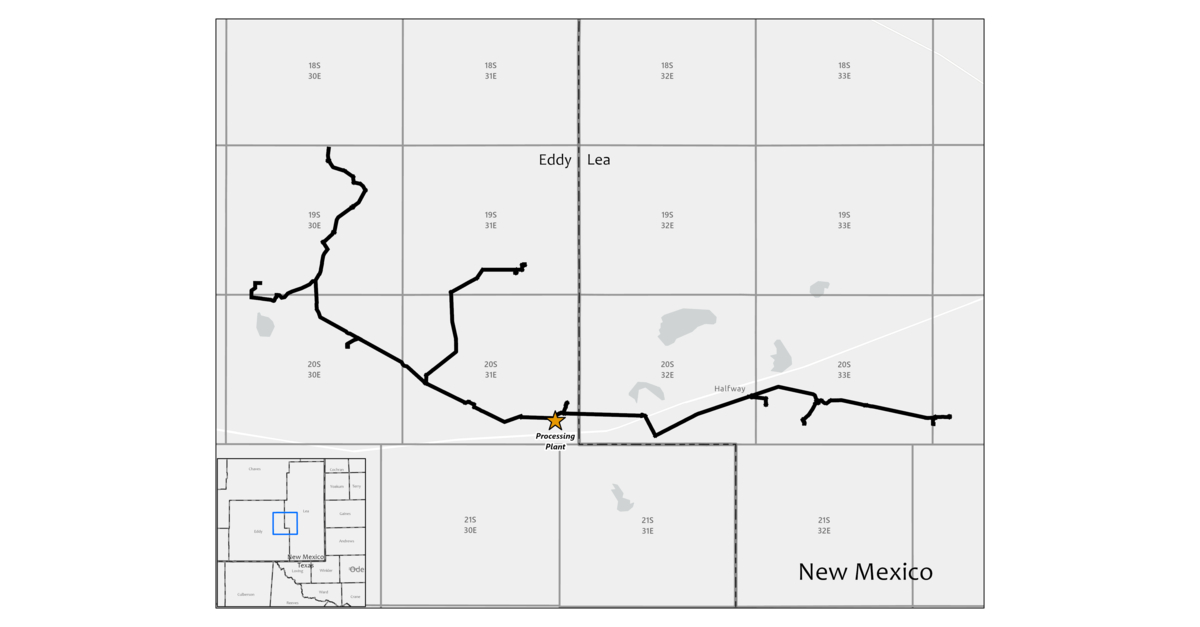There are nearly five thousand credit unions nationwide, serving more than 130 million people and representing more than 2 trillion dollars in assets. Credit unions represent a diverse cross-section of American households, and as nonprofit financial cooperatives, they seek to balance growth with their mission to serve and support local and regional communities across the country. Many of these communities are underserved and are already more likely to be severely affected by climate disasters.
The report proposes seven action steps for credit unions to address climate risk. They include:
- Publicly acknowledge that climate change poses a risk to their balance sheet and to their members.
- Conduct research and educate themselves and their members and other stakeholders about the climate-related risks and opportunities facing their organizations.
- Start collecting relevant climate data for their organization.
- Adopt the recommendations of the Task Force on Climate-Related Financial Disclosures (TCFD) of the Financial Stability Board.
- Perform climate scenario analysis of their loan portfolios.
- Invest in their organizations while leveraging partnerships and building system-wide resources.
- Foster proactive communication between credit unions, national trade associations, state leagues, policymakers, and state and federal regulators.
On Thursday July 28, 12:00 p.m. ETCeres and the Filene Research Institute will host a virtual panel credit union leaders to further discuss the report’s findings and recommendations. Registration is open.
Media Contact: Barbara Gradi, [email protected]
Related link: Original publication
SOURCE Ceres












